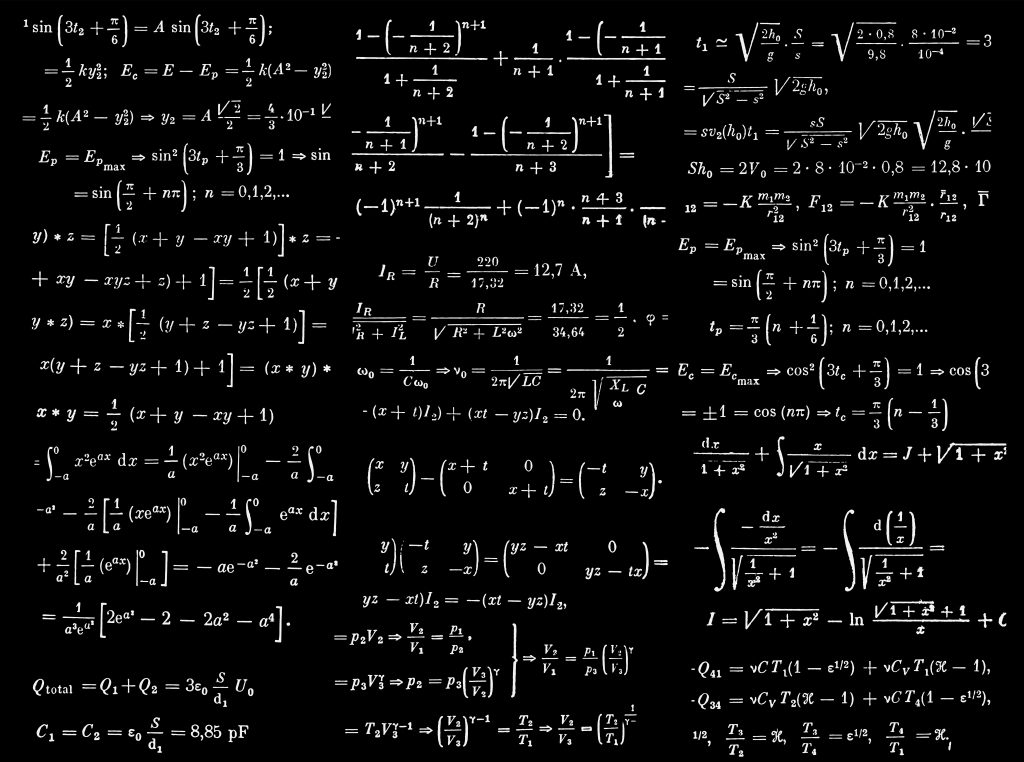The Indian Math Olympiad Journey: Stages, Strategies, and the Role of Abacus

Introduction
Are you a parent looking for guidance on how to navigate the Indian Math Olympiad journey with your child? Do you want to know about the different stages, effective strategies, and how abacus math learning can play a role in your child’s success? You’ve come to the right place! In this ultimate guide, we will explore the stages of the Indian Math Olympiad, strategies for success, and the potential benefits of abacus math learning. Let’s dive in and unlock your child’s mathematical potential!
The Indian Math Olympiad Journey: Stages and Challenges
The Indian Mathematical Olympiad (IMO) is a prestigious competition that aims to identify and nurture mathematical talent among pre-university students. The journey consists of several stages, each challenging participants to showcase their problem-solving skills and mathematical aptitude.
Indian Olympiad Qualifier in Mathematics (IOQM)
The first stage of the Indian Math Olympiad is the IOQM. It is a three-hour exam with 30 questions that focus on single-digit or two-digit numerical answers. The exam is conducted in multiple languages and serves as a screening test for the next stage. To excel in this stage, students need a strong foundation in basic mathematical concepts and problem-solving skills.
Regional Mathematical Olympiad (RMO)
The RMO is the second stage of the Indian Math Olympiad. It is a three-hour exam consisting of six problems that require high-level problem-solving skills. This stage emphasizes logical reasoning and advanced mathematical concepts. The RMO is conducted regionally, and students who perform well in this stage qualify for the next level.
Indian National Mathematical Olympiad (INMO)
The INMO is the third stage of the Indian Math Olympiad journey. It is held annually on the third Sunday of January and involves solving complex problems that test creativity and depth of understanding. Top performers from the RMO qualify for the INMO. This stage requires students to think outside the box and apply their mathematical knowledge to solve non-routine problems.
International Mathematical Olympiad Training Camp (IMOTC)
Approximately 65 students selected from the INMO undergo extensive training at HBCSE or other institutes. The IMOTC focuses on developing conceptual foundations and problem-solving skills. Six students are chosen to represent India at the IMO based on their performance in selection tests.
International Mathematical Olympiad (IMO)
The final stage of the Indian Math Olympiad journey is the IMO. Six selected students compete internationally, accompanied by mentors. The IMO is a challenging competition that brings together brilliant minds from around the world to solve complex mathematical problems. Participating in the IMO is a tremendous achievement and a testament to a student’s mathematical abilities.
Strategies for Success in the Indian Math Olympiad
To succeed in the Indian Math Olympiad, students need to adopt effective strategies and develop their mathematical skills. Here are some key strategies that can help your child excel in this challenging journey:
Mastering Fundamentals
A solid grasp of mathematical concepts is essential for success in the Math Olympiad. Encourage your child to understand topics deeply rather than superficially. Emphasize building a strong foundation in basic mathematics, including number theory, algebra, geometry, and combinatorics.
Regular Practice
Regular practice is crucial for honing problem-solving skills and improving speed and accuracy. Encourage your child to solve previous years’ question papers and participate in mock tests. This will help them identify their strengths and weaknesses while familiarizing themselves with the format and types of problems they may encounter in the Olympiad.
Time Management
Developing the ability to solve problems within a stipulated time frame is critical in the Math Olympiad. Encourage your child to practice solving problems under timed conditions. Simulating exam conditions during practice can help enhance their performance under pressure.
Seek Guidance from Experts
Seeking guidance from experienced mentors or joining specialized coaching programs can provide your child with valuable insights and strategies for success. Expert mentors can help students understand complex mathematical concepts, offer personalized feedback, and guide them through the entire Olympiad journey.
Stress Management
Managing stress is essential for maintaining focus and performing at one’s best. Encourage your child to practice stress management techniques such as deep breathing exercises, relaxation techniques, and maintaining a healthy work-life balance. Remind them that the Math Olympiad journey is as much about personal growth as it is about achieving academic success.
The Role of Abacus in Math Olympiad Preparation
While the abacus is not directly linked to advanced mathematical problem-solving required at higher stages of the Olympiad, it can play a foundational role in a student’s mathematical journey.
Mental Calculation Skills
Abacus training enhances mental arithmetic abilities, which can be beneficial in developing speed and accuracy during early stages like the IOQM. The abacus helps children visualize numbers and perform calculations mentally, which can be an advantage when solving numerical problems quickly.
Concentration and Memory
Regular use of the abacus improves focus and memory retention, skills that are valuable throughout the Math Olympiad preparation journey. Training with an abacus requires concentration and attention to detail, helping students develop these essential skills needed for problem-solving.
Confidence Building
For younger students, mastering abacus techniques can build confidence in handling numbers, fostering an early interest in mathematics. The abacus provides a hands-on approach to learning math, making it more engaging and interactive for children. This early confidence can positively impact their overall mathematical abilities.
Mastering the Indian Math Olympiad journey requires a combination of foundational skills, rigorous practice, strategic preparation, and advanced conceptual understanding. By following effective strategies, seeking guidance from experts, and adopting tools like abacus math learning, your child can navigate this challenging yet rewarding journey successfully. Remember, the journey is as important as the destination. Emphasize personal growth, perseverance, and the love for mathematics. With the right support and dedication, your child can unlock their full mathematical potential.
Here’s a table that summarizes the stages of the Indian Mathematical Olympiad and their key features.
|
Stage |
Description |
Format |
Objective |
|---|---|---|---|
|
IOQM (Indian Olympiad Qualifier in Mathematics) |
Initial screening test |
30 questions, 3 hours |
Identify top performers for RMO |
|
RMO (Regional Mathematical Olympiad) |
Regional-level exam |
6 problems, 3 hours |
Select students for INMO |
|
INMO (Indian National Mathematical Olympiad) |
National-level exam |
6 problems, 4 hours |
Identify top students for IMOTC |
|
IMOTC (International Mathematical Olympiad Training Camp) |
Intensive training camp |
Selection tests and training sessions |
Choose team for IMO |
|
IMO (International Mathematical Olympiad) |
International competition |
6 problems, 2 days |
Represent India and compete globally |
Summing Up
In conclusion, the Indian Math Olympiad journey is a rigorous pathway that challenges students to showcase their problem-solving skills and mathematical aptitude. The stages of the Olympiad – IOQM, RMO, INMO, IMOTC, and IMO – each present unique challenges and opportunities for growth. To succeed in this journey, students need to master fundamental concepts, practice regularly, manage time effectively, seek guidance from mentors, and develop stress management techniques. While the abacus can play a foundational role in developing mental calculation skills, concentration, and confidence in younger students, it becomes less relevant at higher stages that emphasize abstract reasoning and creative problem-solving. By embracing these strategies and approaches, your child can embark on a successful Math Olympiad journey and unlock their mathematical potential.
Finally, if you’re looking for a reliable partner in your child’s math learning journey, consider SIP Abacus India. With their world-class skill development programs using abacus math learning methodologies, SIP Abacus offers structured levels and proven results in developing mental math abilities, concentration, confidence, and overall intelligence. Give your child the competitive edge they need to excel in the Indian Math Olympiad and beyond with SIP Abacus.



